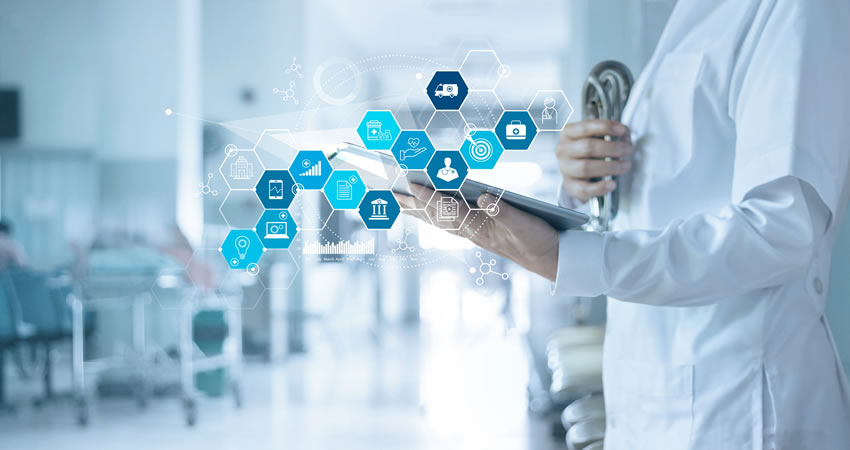
In the dynamic field of health sciences, staying informed about the latest innovations in healthcare technology is not just a choice; it’s a necessity. As a health sciences student, understanding these advancements is crucial for providing quality care and staying ahead in a rapidly evolving industry.
1. Telemedicine and Remote Monitoring
One of the most transformative changes in healthcare is the widespread adoption of telemedicine. Health sciences students must be familiar with virtual care platforms and remote patient monitoring systems. Telemedicine facilitates patient-doctor communication from a distance, improving accessibility to healthcare services and allowing for continuous monitoring of chronic conditions.
2. Electronic Health Records (EHR)
Gone are the days of paper-based medical records. Electronic Health Records (EHR) have become the industry standard for storing and managing patient information. Health sciences students should understand how to navigate EHR systems efficiently, ensuring accurate documentation, streamlined workflows, and improved communication among healthcare professionals.
3. Artificial Intelligence (AI) in Healthcare
Artificial Intelligence is revolutionizing healthcare by offering advanced tools for diagnostics, predictive analytics, and personalized treatment plans. Health sciences students should be familiar with AI applications, understanding how machine learning algorithms can analyze vast datasets to identify patterns and assist in medical decision-making.
4. Robotics in Surgery
Robot-assisted surgery is another groundbreaking innovation that health sciences students should be aware of. Robots are increasingly being used in surgical procedures to enhance precision, minimize invasiveness, and reduce recovery times. Understanding the role of robotics in surgery is essential for future healthcare professionals.
5. Wearable Health Technology
Wearable devices, such as fitness trackers and smartwatches, are not just for tracking steps; they are becoming integral to healthcare. These devices monitor vital signs, track health metrics, and provide real-time data that can be valuable for preventive care. Health sciences students should recognize the potential of wearable technology in promoting patient engagement and wellness.
Embracing innovations in healthcare technology is not just about keeping up with trends; it’s about enhancing the quality of patient care and staying relevant in a rapidly evolving field. As a health sciences student, staying informed and adapting to these advancements will not only prepare you for the future but also position you as a valuable contributor to the evolving landscape of healthcare. Take the initiative to explore, learn, and integrate these innovations into your education and future practice, ensuring you are well-equipped to make a positive impact in the ever-advancing field of health sciences.
Beal University’s Online Health Science Degree Programs
Beal University’s commitment to staying at the forefront of healthcare technology is reflected in its online Healthcare Sciences degree programs. Designed to accommodate the busy schedules of aspiring health sciences professionals, this program offers a comprehensive curriculum that covers the latest advancements in the field. With the flexibility to complete the Associates degree in just 20 months, students can quickly apply their knowledge to real-world scenarios.
To learn more fill out the form and receive more information. A friendly Beal University Career Advisor can answer career questions, guide you to our virtual tour, and get you helpful financial aid information. Get the answers you need to discover the perfect career path for you.
